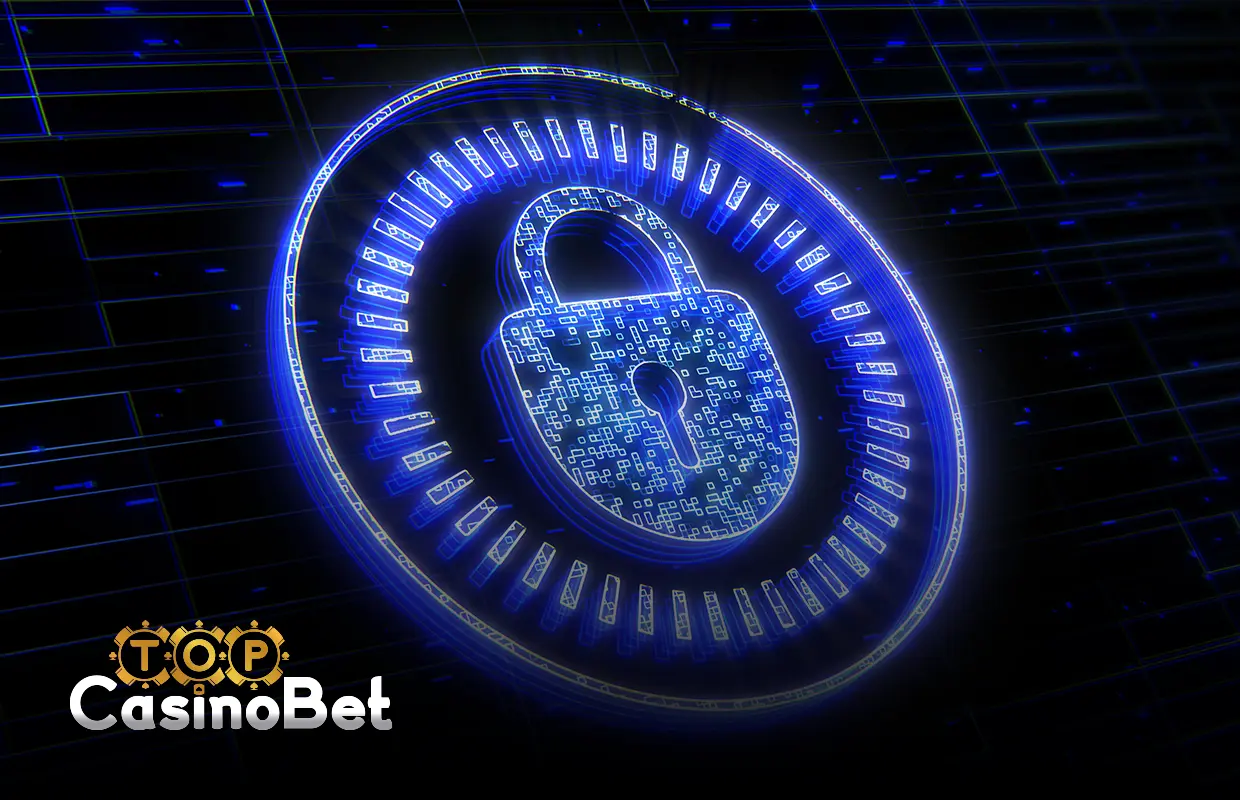


The world of online gaming has evolved rapidly. The scope of these games is now vast and diverse, including casino games, sports betting, and live betting. Millions of players play and win online, and the numbers keep growing. But with every digital win comes a serious question: are your online winnings still private?
Nowadays, privacy is not just about hiding your username in a world where digital payments, ID checks, and blockchain transparency are the norm. Every transaction leaves a scar, and every win becomes a part of a bigger digital trail. Knowing how it all works, from KYC procedures to blockchain technology, will make the players safer, more knowledgeable, and more capable of handling the situation.
If you are trying to cash out your online casino winnings, you are probably going to have to go through a KYC check. KYC stands for “Know Your Customer”, and it’s a rule that every casino has to comply with to verify the identity of the customer.
To verify your identity, the casino will ask you for your ID, proof of address, and, in some cases, a bank statement. This goes a long way in preventing such crimes as money laundering and fraud. In addition, it protects both the players and the casino against fake accounts and bots.
On the other hand, KYC connects your bets and the money you win with your verified information. Thus, your activity is no longer fully private.
At present, virtually all large casinos adhere to KYC regulations to ensure player safety and fairness. While it is a way to establish trust, it also makes your online winnings traceable.
Essentially, KYC is a tool that helps keep the gambling industry free of illegal activities, but it also puts an end to the myth of complete privacy.
Blockchain is the technology behind many online casinos' safe and fair operations. Each of your actions or payments is recorded on a public record referred to as a ledger, which is immutable.
This gives players the confidence that the games are fair. You can verify your bets, winnings, and payouts at any time.
However, blockchain is not completely anonymous. Every transaction has a wallet address, and if it is associated with your verified account, it can be linked back to you.
Therefore, the experts or regulators can still track your winnings even if you use cryptocurrency. Some players use special wallets or privacy coins, but they can be dangerous or difficult to recover if you lose them.
Although blockchain is a great tool for transparency and fairness in the gaming industry, it still keeps a record of every transaction.
While KYC and blockchain are significant, the truth is that the biggest problem is how your data is utilised and kept secure. Internet casinos keep a lot of your personal information: your login, payments, and betting history. This data needs to be handled with care.
Good casinos operate under strong rules like GDPR, which are designed to protect your privacy. They inform you about the data they collect, the reasons for which they need it, and the duration of the data storage. Some even allow you to control your privacy settings.
However, privacy is not only the responsibility of the casino; it is your responsibility as well. Have strong passwords, enable two-factor authentication (2FA), and do not share personal information in chats or forums.
While casinos employ AI to detect fraud and enhance games, they gather more data. That is the reason you should always play at licensed and trusted sites that value your privacy and are responsible with your data.
So, how do you keep your winnings safe and at the same time protect your data from getting hacked? Here are some of the practical methods that every online player should implement:
In case you are playing in crypto casinos, get to know decentralised wallets and how you can keep your private keys safe. Keep in mind that privacy does not mean that you are invisible; rather, it is the ability to control what you want to share.
It is almost impossible to have complete privacy in the gambling world, which is nowadays online. Safety is ensured through KYC checks, but your identity becomes linked to your wins. Although fairness is added through the use of Blockchain, it still keeps a visible trail. The implementation of data ethics serves as a reminder to both the casinos and the players that the information should be handled in a respectful manner.
Make sure that you are safe by taking a few steps, such as choosing platforms that are licensed, being aware of how your data is handled, and following good privacy practices. True control is not about hiding; rather, it is about sensibly managing your data.
Online casinos implement KYC verifications as part of their security measures aimed at preventing fraud, money laundering, and other illegal operations. By verifying your identity, the whole gaming process becomes safer and more transparent for all users.
No. The blockchain technology indeed associates a wallet address instead of a name, but it still keeps a public record. The moment your wallet is connected to a verified or KYC account, all your transactions become traceable.
Implement the strongest passwords, turn on 2FA (two-factor authentication), and refrain from giving out personal information in chats or public forums. Playing in licensed sites with transparent data policies is another great way.
Yes. For legal and regulatory reasons, casinos are obliged to keep a record of your transactions. While this serves to ensure that the gaming process is conducted fairly and securely, it also means that the winnings can be associated with your verified account.

















THE BEST ONLINE CASINOS WE RECOMMEND